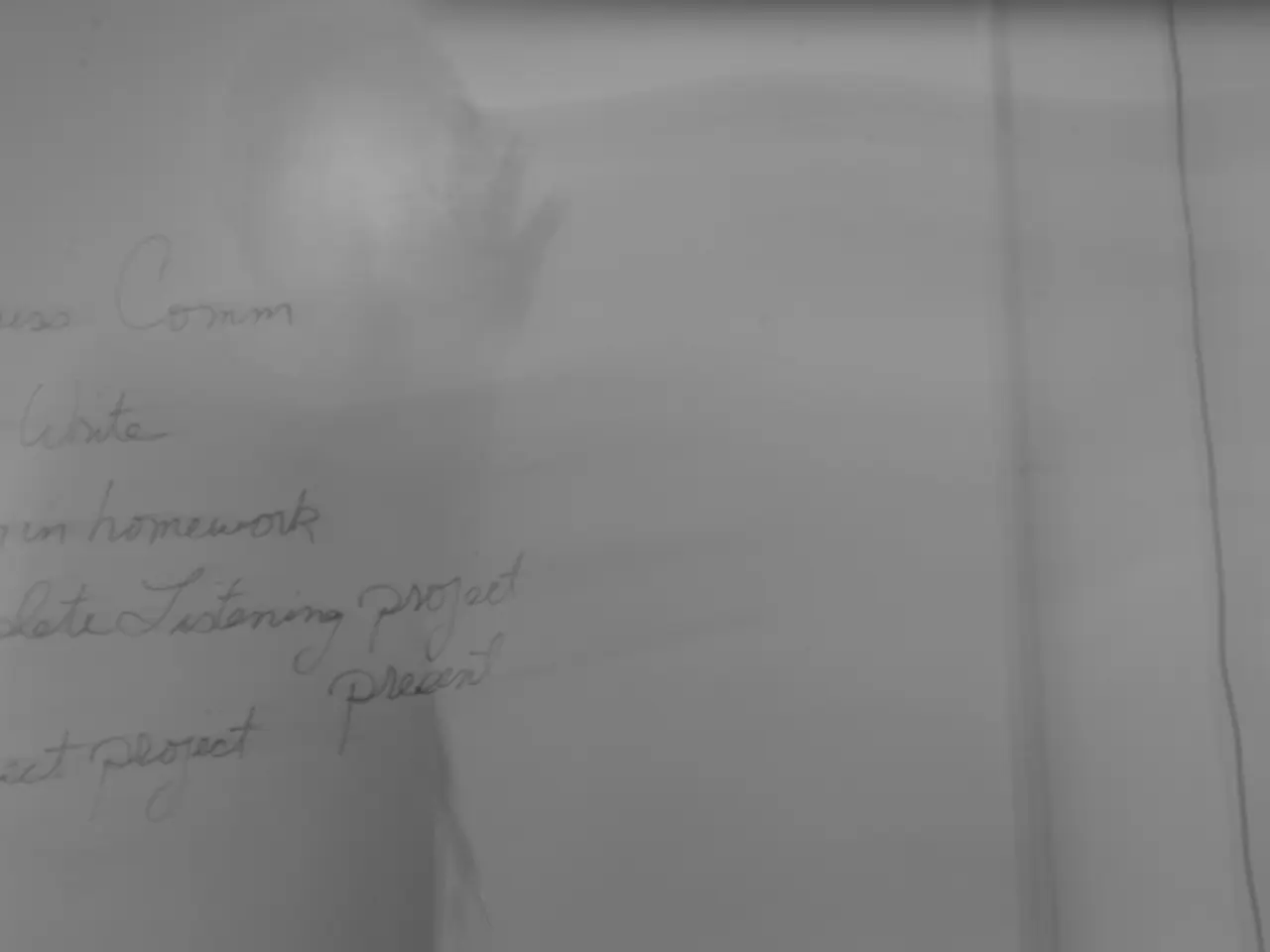Uncovering Soil Degradation: Green Party's Battle for Legal Integrity in Hungary
In the heart of Europe, Hungary finds itself under intense scrutiny as it faces multiple layers of EU scrutiny, with the Article 7 proceedings against the country remaining active but unresolved. Hungary is the only country currently under the full Rule of Law Procedure, leading to suspension of certain funds due to governance concerns.
The erosion of liberal democracy in Hungary has been a gradual process, marked by political interference with the judiciary, restrictions on press freedom, targeting of civil society, and particularly recent anti-LGBTQ+ legislation. These actions have drawn criticism in the European Parliament, which has called for stronger measures and an end to the stalled Article 7 proceedings.
Former Green MEPs Rui Tavares, Judith Sargentini, and Gwendoline Delbos-Corfield served as rapporteurs on the rule of law situation in Hungary. Tavares, who wrote the first report in 2013, faced verbal threats and negative messages, including death threats, while working on his report. Sargentini, who took over the report when Tavares was already back in Portugal, also encountered similar challenges.
The Hungarian government has consistently tried to portray the work of the rapporteurs as being against Hungary, but the Green Group was always careful to separate the people and the question of the rule of law for the EU as a whole. Tavares even learned some Hungarian to better communicate with the Hungarian public.
The Fidesz line of attack on the report was mostly focused on German utility companies, accusing the European Parliament of being in their pockets. However, the inaction of the EU Council on the report has consequences, as seen in the case of Ukraine where members of the Council complain but did nothing to prevent Orbán's brand from being exported.
Gwendoline Delbos-Corfield, who became Hungary's rapporteur in 2019, consulted Sargentini. Sargentini, who was the coordinator of LIBE (EP's Committee on Civil Liberties, Justice and Home Affairs) since 2014, highlights an unwillingness to act on the part of the EU Council, citing an example where Dutch Prime Minister Mark Rutte spoke out on Hungary only after elections in the Netherlands.
The European Parliament's president, Antonio Tajani, did not vote in favour of Sargentini's report, and his party, Forza Italia, also did not do so. Paulo Rangel, a liberal-conservative foreign minister from Portugal, was known for blocking the report on Hungary in the European Parliament.
The European Union is not worried about a single country, but about a decrease in the standards of rule of law for every member state. Gwendoline Delbos-Corfield views Orbán as a special case because he was initially a liberal who turned authoritarian, and he cleverly built links with far-right groups.
Orbán is seen as an authoritative figure not just in Europe, but also in countries like Brazil, according to Rui Tavares. However, it is Italian Prime Minister Giorgia Meloni who is considered the leader of the far-right bloc in Europe, according to Delbos-Corfield. The far right in the Netherlands, such as Geert Wilders' Party for Freedom, is gaining strength and poses a threat to the rule of law in the Netherlands, according to Judith Sargentini.
Legally, there have been suggestions for a more tailored approach to Article 7, such as reinterpreting it to specifically target Hungary’s obstructive veto strategy in the EU’s Common Foreign and Security Policy, especially regarding sanctions on Russia. This would allow the EU to deploy its legal instruments more effectively without resorting to full suspension.
The situation remains dynamic as of mid-2025, with the European Union combining legal proceedings, political pressure, and funding conditionality to address Hungary's democratic backsliding and rule of law breaches. The EU's approach faces challenges due to unanimity requirements and Hungary’s resistance to perceived political retaliation.
- The ongoing Article 7 proceedings against Hungary, a country under intense EU scrutiny due to policy-and-legislation concerns, have drawn criticism in the European Parliament, where calls for stronger measures and an end to the stalled proceedings continue to be made.
- The gradual erosion of liberal democracy in Hungary is not just a domestic issue but has political implications, as the erosion has been marked by actions such as anti-LGBTQ+ legislation, restrictions on press freedom, and political interference with the judiciary - all elements that fall under the broad umbrella of general-news reporting.







